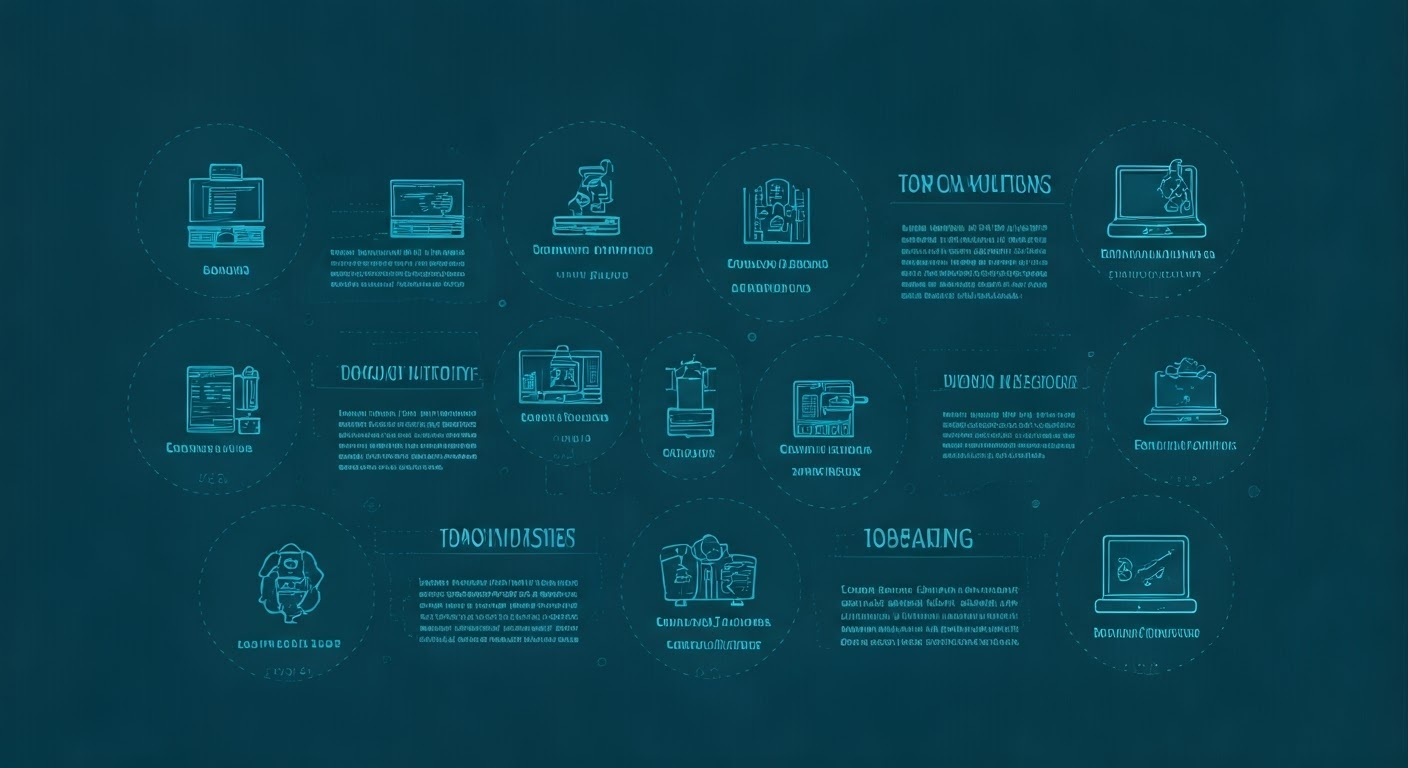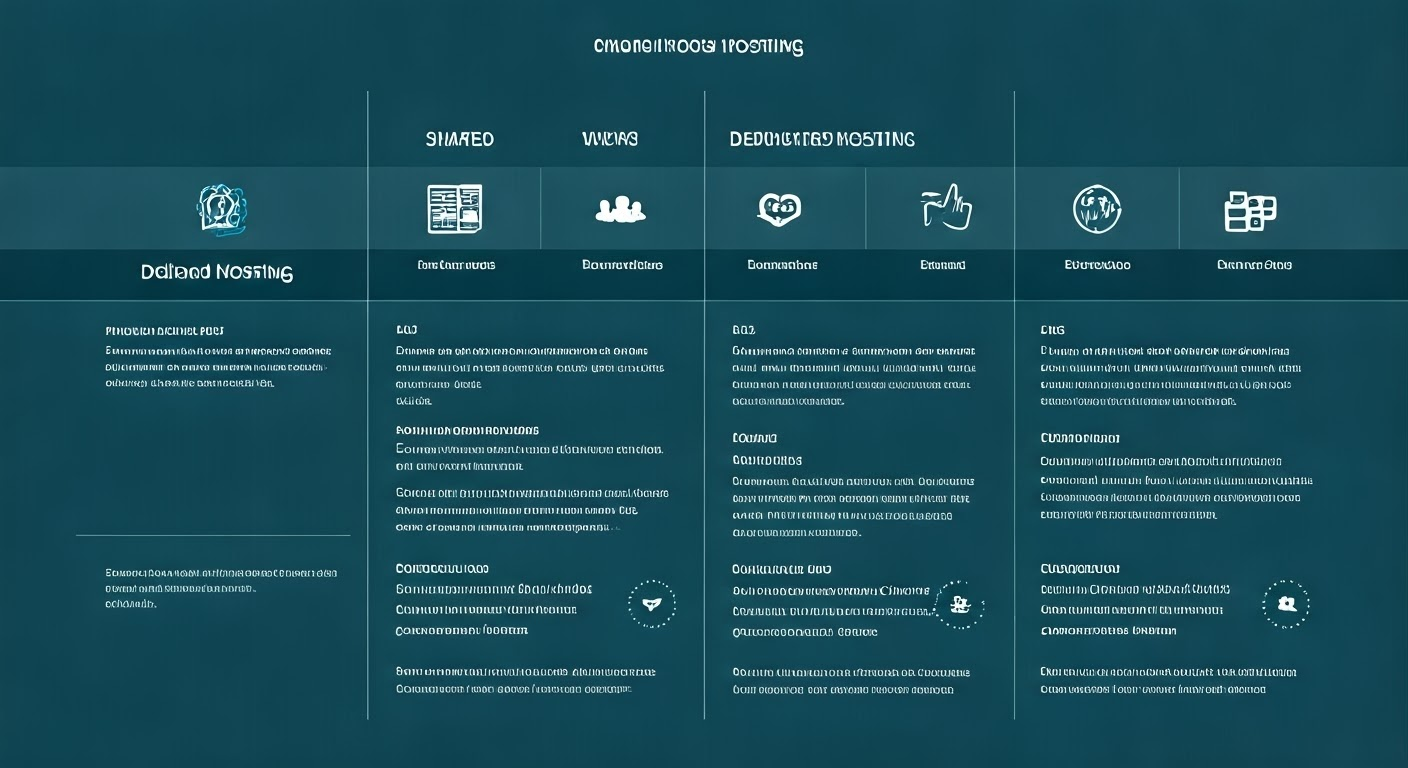Key Highlights
- User-friendly interface: CapCut is designed with simplicity in mind, making it easy for beginners to jump in and start editing.
- Advanced features for everyone: Explore a wide array of effects, transitions, and editing tools, empowering you to create professional-looking videos.
- Tailor-made for TikTok: CapCut understands the nuances of TikTok, offering aspect ratios, trends, and tools perfect for the platform.
- Unleash your creativity: Experiment with green screen effects, picture-in-picture, and captivating text animations to make your videos stand out.
- Free and accessible: CapCut is available for free on both Android and iOS, breaking down barriers for aspiring content creators.
Introduction
In today’s world, online video editing is not just for professionals anymore. With social media platforms like TikTok taking the lead, simple but powerful video editing apps with background removal, video ratio adjustment features, and the ability to add subtitles are a must for anyone wanting to improve their content. One such app is CapCut. This mobile app is changing how we make and share videos, especially for TikTok fans.
Understanding CapCut: The Go-To Video Editing App for TikTok Enthusiasts
CapCut online video editing is quickly becoming a favorite in the mobile video editing scene. Its rise comes hand in hand with the popularity of TikTok. CapCut is more than just a basic editor; it gives you a smooth video editing experience designed for social media, whether you’re creating personal video content or other formats. Its easy-to-use interface makes it perfect for anyone, even if they are new to video editing.
On top of being user-friendly, CapCut has advanced features usually found in professional editing tools. You don’t have to feel overwhelmed, though! Its simple design makes these features easy to understand. This lets anyone create great-looking TikTok videos with ease.
The Origin and Rise of CapCut in Malaysia
CapCut is known all over the world, but it has a special link to Malaysia. The app was created by Bytedance, the same company that made TikTok. It first launched in Malaysia with the name “Jianying.” The app became very popular in Malaysia. This helped it launch globally as CapCut.
CapCut quickly became popular for good reasons. It met the rising need for simple mobile video editing apps, especially for TikTok users. The app is easy to use and has strong features. This made it very appealing to people in Malaysia. It has become a favorite app for creating social media content.
Key Features That Make CapCut Stand Out
One look at CapCut’s feature list shows why so many people love it. The app provides many editing tools, including XML support, that enhance user experience, including vector graphics capabilities. Users can do simple cuts and autocut trims. They can also use advanced features like chroma key, or green screen, and stabilization to boost their creativity in videos, similar to what you would find in Filmora and YouCut.
Visual effects play a big part in CapCut’s charm. The app is full of filters, transitions, and special effects that get updated often. These are great for making your TikTok and instagram reels videos look better.
CapCut offers more than just looks. It has premium features such as audio editing, a song library, speed control, and cool text animations, including video export capabilities. All these software options and tools are easy to find in a simple mobile interface. CapCut really changes the game by bringing professional editing tools, comparable to industry standards like Final Cut Pro, to everyday users.
Getting Started with CapCut: A Step-by-Step Guide

Ready to make your TikTok videos even better with CapCut? Getting started with CapCut is simple. Its friendly design and available tools will help you create fun content quickly. Let’s go over the first steps to begin your CapCut experience.
Downloading and Installing CapCut on Your Device
First, you need to get CapCut on your device. The app is free and available on the App Store for iOS users and on the Google Play Store for Android users, and you can also get CapCut for PC. Just search for “CapCut” and click download.
If you use Android and want to see what CapCut can do with its AI features for your YouTube videos, you may find terms like ‘CapCut Pro APK download,’ ‘CapCut Pro Mod APK,’ or ‘CapCut MOD APK,’ which say they offer premium features such as no watermark and extra features for free, allowing for a hassle-free editing experience. But be careful when downloading from sites that are not official.
The official CapCut app already gives you many good features for free. Explore the basic version before trying any risky downloads.
Navigating the User Interface: Tips for Beginners
When you open CapCut, you will see a simple and easy-to-use screen. If you are new to video editing, don’t worry! CapCut is designed to help you find what you need.
To start a new project, just import the video clips you want to use. CapCut lets you choose several videos, making it easy to gather clips from different recordings. After you import them, your clips will show up on a simple timeline at the bottom of the screen.
The timeline is where you will do most of your work. You can move clips around by dragging and dropping. You can also trim footage and add transitions with just a few taps. The editing options are shown clearly above the timeline, giving you a smooth video editing experience.
Enhancing Your TikTok Videos with CapCut
Now is the exciting part – making your TikTok videos lively. With CapCut, you get many tools to help make your videos better.
Let’s see how CapCut can change your raw video footage into attention-grabbing content for TikTok.
Basic Editing Tools: Cutting, Trimming, and Merging Clips
Before getting into the complex tasks, it is important to learn the basics first. CapCut makes video editing very simple, even for basic tasks.
- Cutting: Do you want to remove an unwanted part of your video? CapCut’s cutting tool helps you accurately choose where to start and end the section to remove. This leaves you with a clean final cut.
- Trimming: Trimming is like adjusting the edges of your clips. This tool is useful if you want to make a clip shorter or adjust the timing of your edits.
- Merging: Do you have several clips you want to join into one video? CapCut’s merging tool allows you to easily combine different video footage, giving you a smooth flow in your story.
Advanced Features: Effects, Transitions, and Filters
Ready to add some excitement? This is where CapCut really stands out. The app has many advanced features that make professional editing easy for you, giving your videos a unique and professional look.
Effects are a big deal in CapCut. They let you change how your video looks and feels. You can use glitch effects or dreamy overlays. There are so many options to choose from.
Transitions help your clips flow smoothly and stylishly. You can pick from soft fades, cool wipes, or even trendy glitch transitions. This creates a visual rhythm that keeps viewers interested.
Filters are a simple way to brighten up the colors and mood of your video. You can try different filter settings or adjust how strong they are to get the look you want.
Creative Techniques for TikTok Creators Using CapCut
Now that you know CapCut’s features, it’s time to be creative! TikTok is about getting attention and keeping viewers engaged. CapCut has the tools to help you do this. Let’s look at some fun ways to improve your TikTok content.
Utilizing CapCut’s AR Filters for Engaging Content
Augmented reality (AR) is making waves in social media, and CapCut is right there with it. The app has many AR filters that can bring fun, creativity, or drama to your TikTok videos.
These filters can change how you look with virtual makeup or put you in amazing places. You can try different filters, including Blur effects, to find ones that fit the theme of your video or just to add some fun to your content.
Keep in mind, TikTok is about making engaging content. AR filters can help grab viewers’ attention and make them want to interact with your videos, which can increase your overall reach.
Mastering the Art of Text and Stickers for Storytelling
Don’t overlook the power of visuals! TikTok is mainly a video-sharing platform. However, using text and stickers can boost your storytelling and make people want to watch more.
CapCut has a wide range of fonts and sticker styles to choose from. You can use text overlays to introduce new scenes, point out important parts, or even add some humor to your videos. Get creative! Use animated text effects to make key messages stand out and catch the viewer’s eye.
Stickers can make your videos more fun and help express emotions in a better way. CapCut has everything from fun emojis to special sticker packs. This lets you personalize your videos and connect with your audience better.
Conclusion
CapCut is a game-changer for TikTok creators. It has many features that can take your video editing skills to the next level. You can use basic tools like cutting and merging clips. It also has advanced effects and transitions to give you a smooth editing experience. You can try creative ways, such as using AR filters and showing text on your videos to tell better stories. One of the exciting options available at your fingertips is the Healing Thailand CapCut template, along with the ICAL CapCut template, which allows for even more creative possibilities. With CapCut, you can create exciting TikTok content without limits. This app is a great companion that can help you show your creativity and grab your audience’s attention like never before. Start your editing journey with CapCut today and make your TikTok videos come to life!
Frequently Asked Questions
How to Save and Export Videos in High Quality with CapCut?
When you finish editing your video, CapCut helps you save and export it easily. Just tap the “Export” button. Then, pick the resolution you want. To get the best quality, choose the highest resolution available. You can even go up to 4K if your device supports it.
Can I Use CapCut for Professional Video Editing Projects?
CapCut is great for making content for social media. However, its design for mobile might not work well for tough professional projects. If you need to do detailed edits or work on projects that need advanced features, it is better to use professional video editing software.
What Are the Best Practices for Syncing Audio and Video on CapCut?
CapCut has various tools to help you sync audio and video perfectly. To get the best results, use the “Timeline Zoom” feature. It lets you adjust the timing of your edits carefully. The “Beat Sync” tool is also useful. It automatically matches your visuals to your selected music track.

















